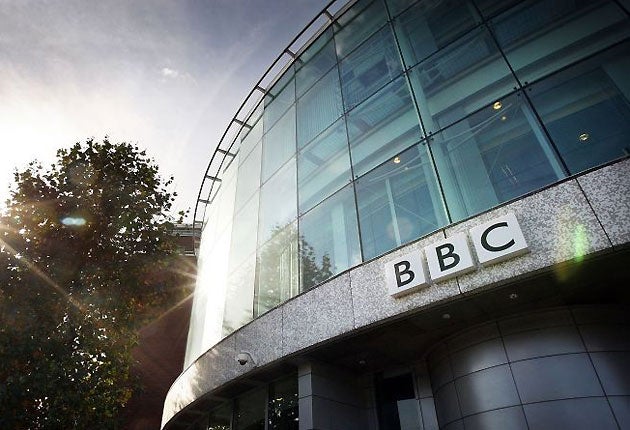Almost third of women’s convictions are for not paying TV licence fee
Women almost ten times more likely to be convicted for not paying TV licence than men

Your support helps us to tell the story
From reproductive rights to climate change to Big Tech, The Independent is on the ground when the story is developing. Whether it's investigating the financials of Elon Musk's pro-Trump PAC or producing our latest documentary, 'The A Word', which shines a light on the American women fighting for reproductive rights, we know how important it is to parse out the facts from the messaging.
At such a critical moment in US history, we need reporters on the ground. Your donation allows us to keep sending journalists to speak to both sides of the story.
The Independent is trusted by Americans across the entire political spectrum. And unlike many other quality news outlets, we choose not to lock Americans out of our reporting and analysis with paywalls. We believe quality journalism should be available to everyone, paid for by those who can afford it.
Your support makes all the difference.Almost a third of women’s convictions are for not paying the TV licence fee, figures have revealed.
Women are ten times more likely to be convicted for not paying the £157.50 annual fee than men – with growing numbers of women then being slapped with criminal records, Ministry of Justice data shows.
The ministry’s report admits the chief reason why so many women wind up being prosecuted is because they are more likely to open the door to inspectors.
Dame Vera Baird QC, the victims’ commissioner, is in favour of decriminalising failure to pay the licence fee. She argues the law as it stands penalises less well off women.
She said: “I remain concerned that so many women are prosecuted for TV licence evasion. It’s an unnecessary conviction serving only to criminalise poverty and disproportionately punish poorer families and women.”
Some 74 per cent of the 114,000 convictions for licence fee dodging in 2019 were for women – up 3 per cent since 2015.
Kate Paradine, chief executive of charity Women in Prison, said: “Debt-related issues should not be criminalised. The 30 per cent figure shows how many women are criminalised for extraordinarily minor so-called offences. Even when you get down to all convictions and look at women in prison and arrests, the majority are there for very low level offences.”
Only 1 per cent of the almost 4,000 women in prison are there for violent offences, the data shows. On the other hand, around nine in 10 women prisoners carried out a minor crime, with around a third linked to shoplifting or theft.
Some 72 per cent of all prosecutions for TV licences were against women in 2018. In 2017, the offence constituted 30 per cent of all prosecutions against women – meaning it was the most common offence women were prosecuted for.
Frontline service providers have frequently warned that women in prison are often the victims of more serious offences than those for which they have been convicted. A previous report from the Prison Reform Trust found 80 per cent of women in jail were there for non-violent offences.
Appeal, a leading charity battling miscarriages of justice, has been campaigning for years for TV license non-payment to be decriminalised.
The BBC said licence fee avoidance did not bring with it a criminal record. A spokesperson said: “Details of the offence are not held on the Police National Computer – so while there is a criminal conviction there is no criminal record.”
Millions of over-75s became liable for paying the TV licence fee this summer in a controversial policy change, although those who get pension credit do not have to pay.


Join our commenting forum
Join thought-provoking conversations, follow other Independent readers and see their replies
Comments